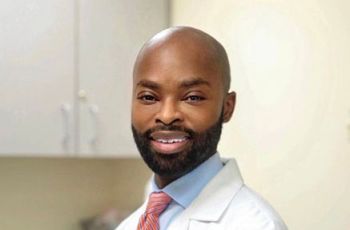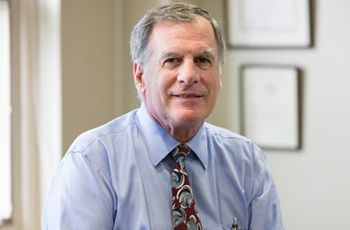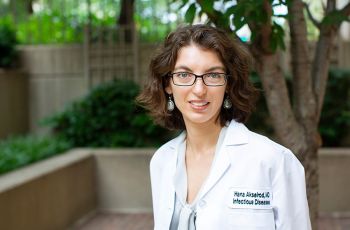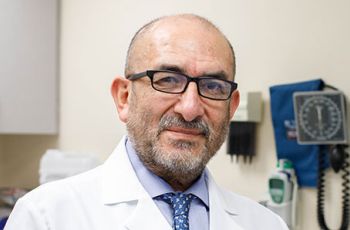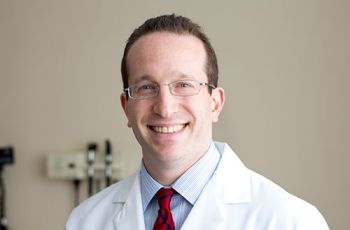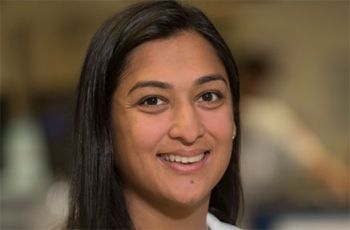News Archive
Alberto Bosque, PhD, MBA, assistant professor of microbiology, immunology, and tropical medicine, and his research team published in PLOS Pathogens finding a multiple sclerosis drug may be used to block HIV infection and reduce the latent reservoir.
Michael Knight, MD, assistant professor of medicine, spoke to The Washington Post for an article on how to properly care for and clean different types of face masks.
Gary Simon, MD, PhD, Walter G. Ross Professor of Clinical Research and director of the Division of Infectious Diseases, spoke to Fox News about two coronavirus patients who tested positive for the virust months after recovering.
Hana Akselrod, MD, assistant professor of medicine, spoke to InsideClimate News about climate change's role in the increased spread of zoonotic diseases in recent decades.
Huerta, an internationally recognized medical oncologist and epidemiologist, talks about how he developed the Cancer Preventorium, and his goals for the center at the GW Cancer Center.
Adam Friedman, MD, interim chair of the Department of Dermatology and professor of dermatology, spoke to Insider for an article on the benefits of sunlight and how much we should get every day.
Monika Goyal, MD, associate professor of pediatrics, spoke to DCist about her team's recent study that revealed significant racial and socioeconomic disparities among children tested for COVID-19 in D.C., both in test positivity rates and known exposure to the virus.
Pooja Lakshmin, MD, assistant clinical professor of psychiatry and behavioral sciences, spoke to Romper for an article addressing the questions many parents have about sending their children back to school in the fall amid COVID-19.
Suzan Song, MD, PhD, MPH, associate professor of psychiatry and behavioral sciences, spoke to WNYC-FM's The Takeaway about the mental health crisis as the COVID-19 pandemic continues.
Alejandro Villagra, PhD, assistant professor of biochemistry and molecular medicine, and his research team published a new study in Cancer Research, finding the genetic modifier HDAC6 controls tumor growth and halts metastasis in triple-negative breast cancer in vivo.
